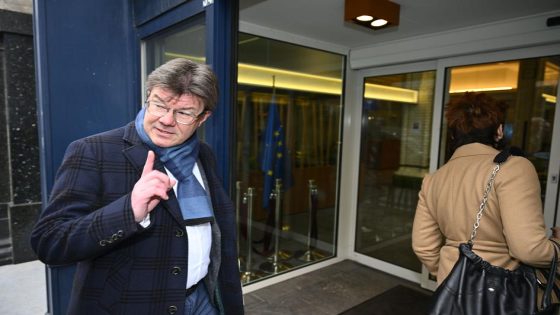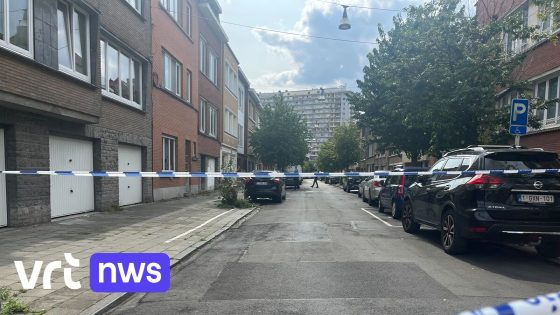The fourth tranche of provisional budget allocations is back in the spotlight for the Brussels government. Despite recent trilateral talks involving Minister-President Rudi Vervoort (PS), Finance Minister Sven Gatz (Open VLD), and other key officials, a €400 million saving could not be achieved through an emergency budget. This update came into focus around 2025-07-09 14:49:00, highlighting ongoing fiscal challenges.
- Vierde tranche volgt voorlopige twaalfden methode
- Trilaterale gesprekken met kabinetten vonden plaats
- Besparing van 400 miljoen euro faalt
- Noodbegroting niet haalbaar voor besparing
- Regering kan maandelijks twaalfde uitgeven
- Budgettaire kaders worden strenger toegepast
Instead, authorities are preparing to proceed with the original plan: releasing the fourth tranche of the provisional twelfths. These provisional twelfths allow the government to spend one-twelfth of last year’s budget each month, maintaining a stricter financial framework in times of uncertainty. But how strictly has this framework been followed in the past? And what does this mean for Brussels’ financial health moving forward?
Let’s explore the implications of this decision and what it means for the region’s budget management.
Why did the emergency budget fail, and what are the consequences? The decision to revert to provisional twelfths raises important questions about fiscal discipline and budget flexibility in Brussels:
- Provisional twelfths offer a controlled, predictable spending method during budget uncertainty.
- Previous tranches were reportedly not always strictly adhered to, suggesting potential overspending risks.
- The inability to save €400 million via emergency measures signals ongoing budget pressure.
- Maintaining this approach may delay more comprehensive budget reforms.
As Brussels moves forward with this cautious budget approach, stakeholders should watch closely for updates on fiscal reforms and spending priorities. Will this method provide enough stability, or will further adjustments be needed soon? Citizens and policymakers alike must stay engaged in the evolving budget dialogue.































